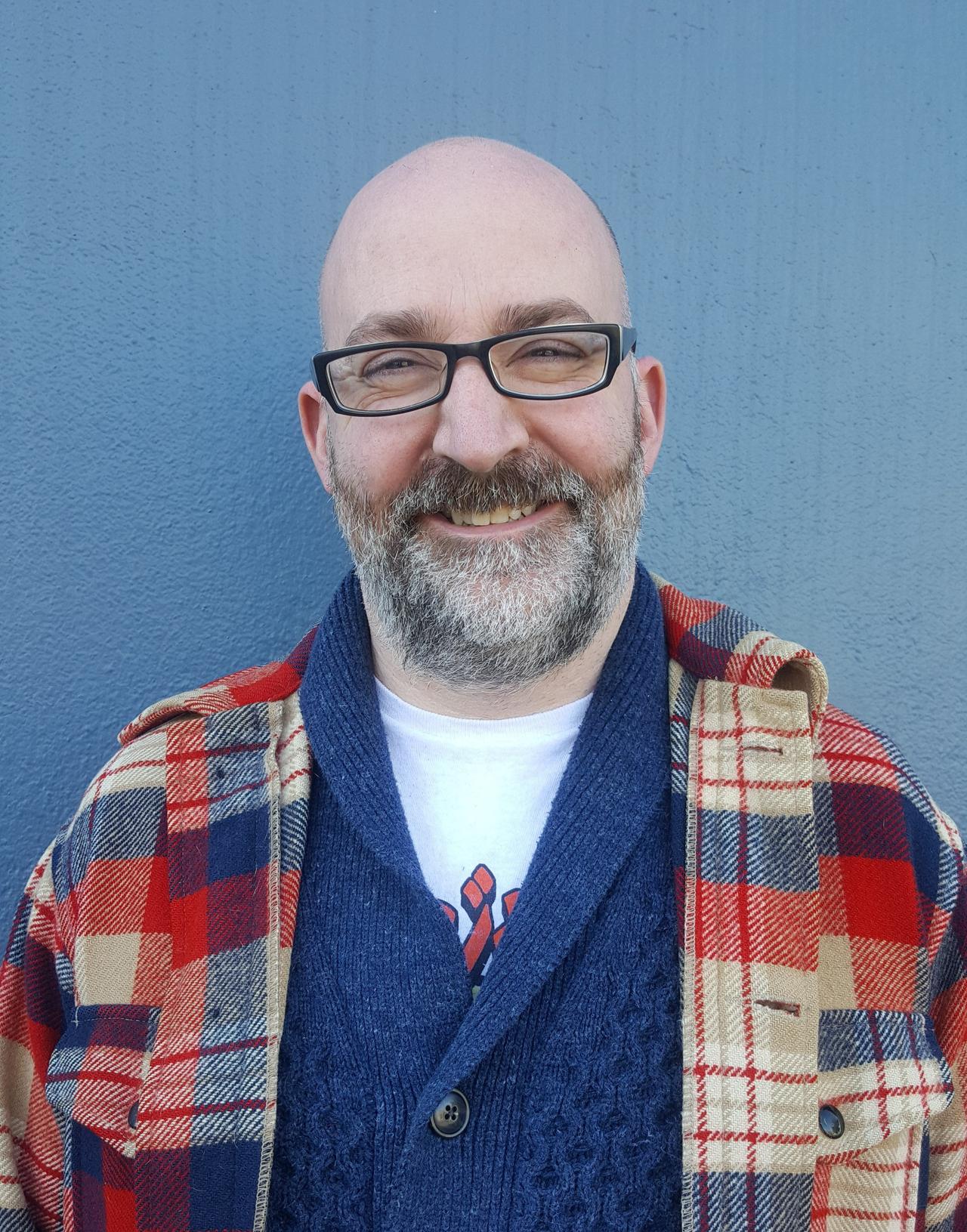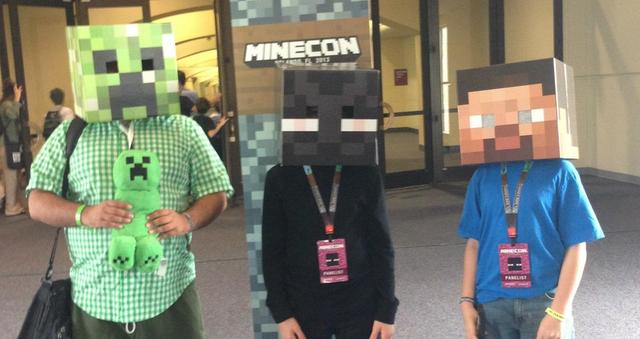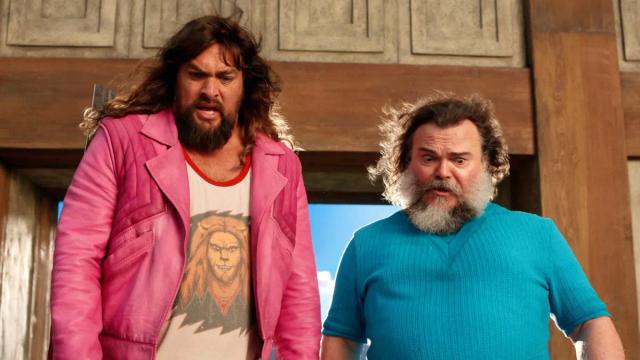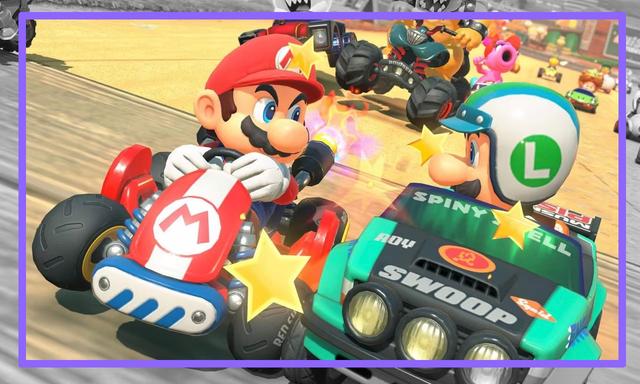If you click on a link and make a purchase we may receive a small commission. Read our editorial policy.
Miyazaki's The Boy and the Heron is not an adaptation of the novel How Do You Live, but there is a connection
No, the movie isn't an adaptation of the novel - but they share a common goal, perhaps

In its original release in Japan, Hayao Miyazaki’s The Boy and the Heron went by the title, How Do You Live. It’s a title shared by a 1937 novel by Genzaburo Yoshino which was rumored to have played a part in the creation of the story of the movie — a fact seized on by fans given the unusually secretive lead-up to the movie’s release. (At Studio Ghibli’s request, the feature was released without a trailer.)
The connection between the two stories was assumed to be such that, lacking any information on the movie’s plot, some sources started using synopses of the book to describe what would happen in the movie, leading to Studio Ghilbli president Suzuki Toshio having to say that the movie “only borrowed the title” of the book in final interviews ahead of its release. Nonetheless, Miyazaki describing How Do You Live as one of his favorite books meant that many assumed that there would, somehow, be a connection to be uncovered between the two stories.
To some degree, they were correct.
The connection isn’t solely the obvious one — How Do You Live, the novel, makes an appearance in The Boy and the Heron, as the book that Mahito discovers as a gift from his deceased mother — but, instead, a thematic parallel that the two stories share.
How Do You Live, the novel, is a story about a 15-year-old boy as seen from both his own perspective and that of his uncle, who acts as a surrogate father of sorts. Parts of the novel are presented as a diary written by the uncle with the intent that it will be given to the 15-year-old — Koperu, or Copper in the current English language edition; the final chapter of the book is Koperu writing in the book himself, having decided to live up to the expectations of his father to be a good person. The book ends as he asks himself — and the readers — how that is possible, with the final line being the book’s title.
The Boy and the Heron (aka, How Do You Live, the movie), is something entirely separate on its surface, telling the story of Mahito, a 12-year-old who moves to the countryside after the death of his mother during World War II. In his new home, Mahito encounters a magical heron who tells him that his mother is still alive, leading him into a magical realist world that features versions of his family and loved ones as well as the promise that a grand fate awaits him, should he want it.
To say more would be to reveal too much, which would be entirely at odds with the spoil-nothing approach of the movie’s promotion in its native country. Two things should be stated, however: (1) The movie is clearly not an adaptation of How Do You Live the book, and (2) the movie has more in common with The Wizard of Oz than Genzaburo Yoshino’s work. (I mean this as a compliment; L. Frank Baum would, I suspect, be charmed by the movie.)
Where the two stories cross over is that they’re both about children dealing with the loss of a parent and struggling to build their own senses of the world as a result. While How Do You Live is a very grounded version of that story that builds incremental moral lessons from small events in Koperu’s everyday life as seen through the lens of his uncle, Miyazaki leans into his own skills as a fantasist beyond compare to provide a melodramatic, magical crucible that pushes Mahito to discover what’s important to him. Much of the movie can be read as metaphor and is indeed structured as such in multiple ways, but the intent of the story is very much similar to Genzaburo Yoshino’s novel: to build a moral framework for its protagonist.
Does this mean that the two are telling, essentially the same story? Of course not - but at the same time, there is a thematic and emotional throughline that both share that cannot, and should not, be discounted.
That Mahito is gifted a copy of How Do You Live is, perhaps, a nod from Miyazaki to the impact the novel had on him more than a commentary on the inspiration it serves on the movie directly. Instead, it might be better to think of the two as pieces working towards a similar goal in very different ways, and acting alongside each other, as opposed to in conversation. Neither enriches the audience’s understanding of the other, but both, perhaps, can enrich the audience’s understanding of themselves.
The Boy and the Heron is in theaters now. Buy tickets on Fandango or Atom Tickets.
Want to know what's coming up next in pop culture? Check out Popverse's guides to:
Follow Popverse for upcoming event coverage and news
Find out how we conduct our review by reading our review policy
Let Popverse be your tour guide through the wilderness of pop culture
Sign in and let us help you find your new favorite thing.
















Comments
Want to join the discussion? Please activate your account first.
Visit Reedpop ID if you need to resend the confirmation email.